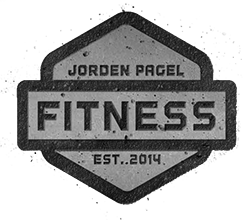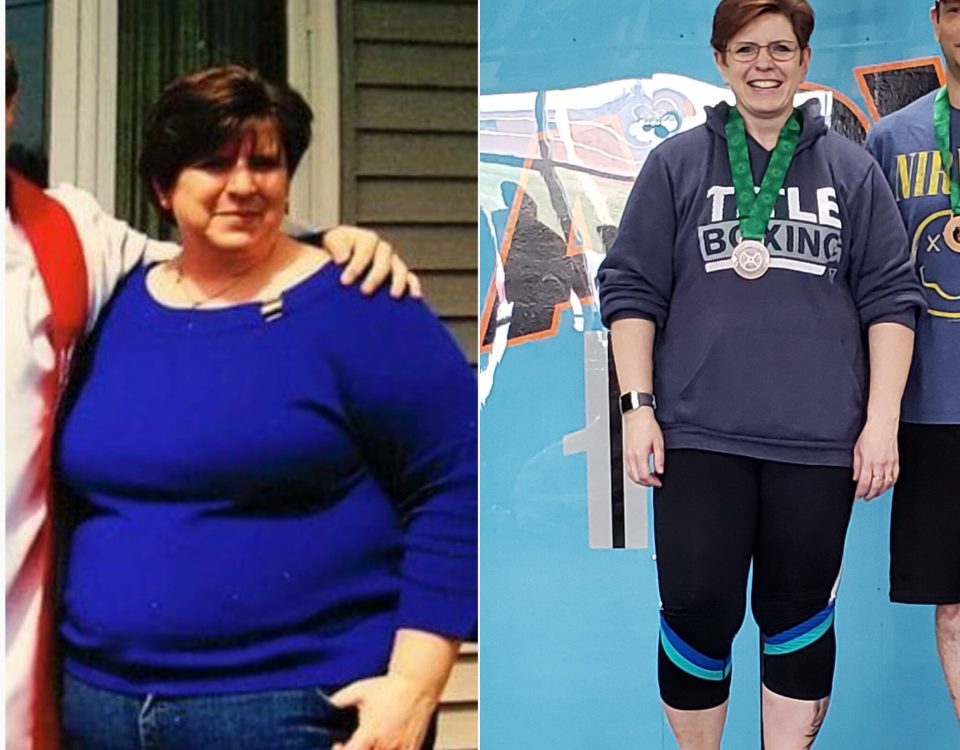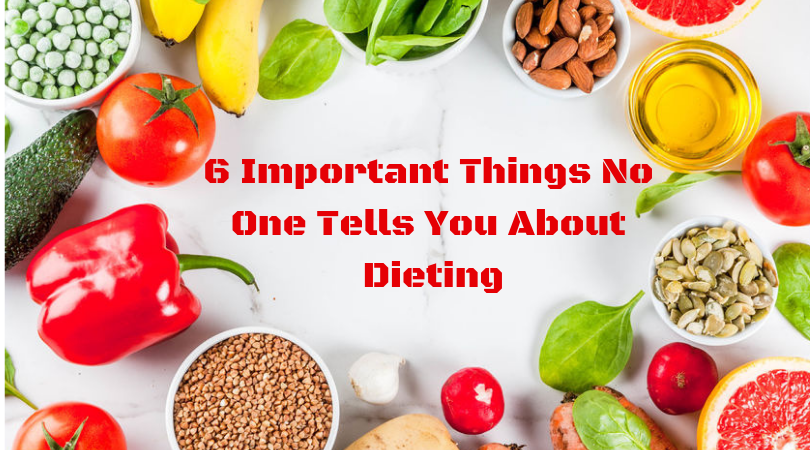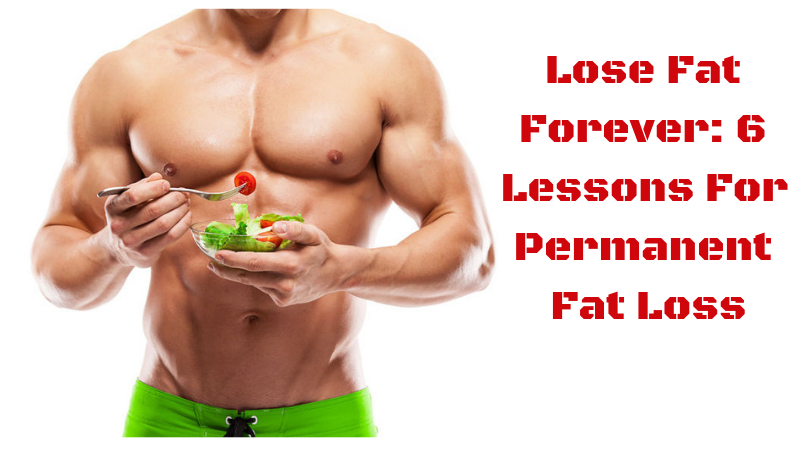Diet Breaks: The Secret Sauce of Successful, Long-Term Fat Loss
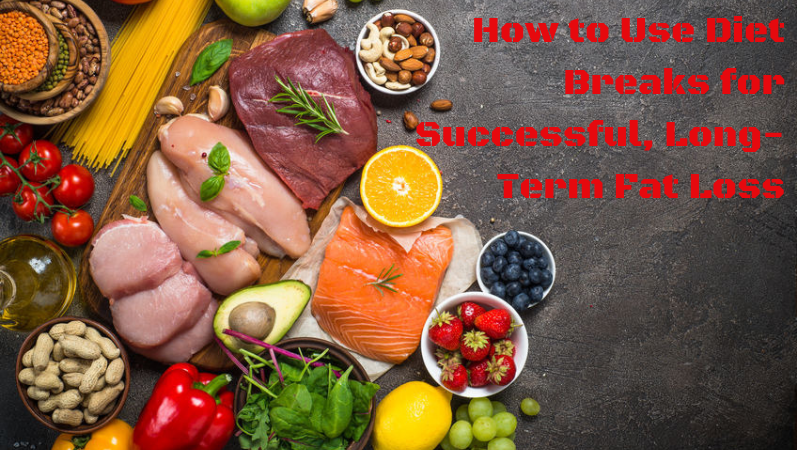
Tell me if this sounds familiar…
After months, or hell, maybe years of being a little too loose with your diet, you decide enough is enough. Your pants are too tight. You’re embarrassed to be naked in front of your spouse. You’re sick of the extra fat spilling over your waistline.
You’re unhappy with what you see in the mirror and say to yourself it’s time for a change. So you decide you’re going to start dieting. Maybe you jump back on the low-carb diet that worked for you ten years ago. Maybe you’re experienced counting macros.
Regardless, you’re motivated. You’re ready to hit it hard.
The first few weeks go pretty smoothly. Weight is dropping steadily, you’re getting into a routine with your training plan, and apart from being a little hungry and craving cookies every now and then, you’re feeling good.
The end of month one hits and you’re happy with the results so far. Down 8 pounds, you think this is finally the diet that’s going to work for you.
But then over the next few weeks, things take a turn. Progress slows or even stops, calories come down, hunger and cravings increase, your sleep worsens, you notice energy is lower and you’re more fatigued after workouts…what was once a fairly smooth process, now has turned into a battle every single day.
You try to grit your way through it, but eventually, you either succumb to your cravings and give up, or try to diet “harder,” only to see little-to-no progress over the course of the next few weeks and months.
What happened? Did you diet wrong?
Probably not. Instead what’s happening is you’re experiencing the typical effects of a calorie deficit that most people in extended diets deal with at one point or another.
But what if you didn’t have to? What if you could diet less and see better progress?
Let me ‘splain…
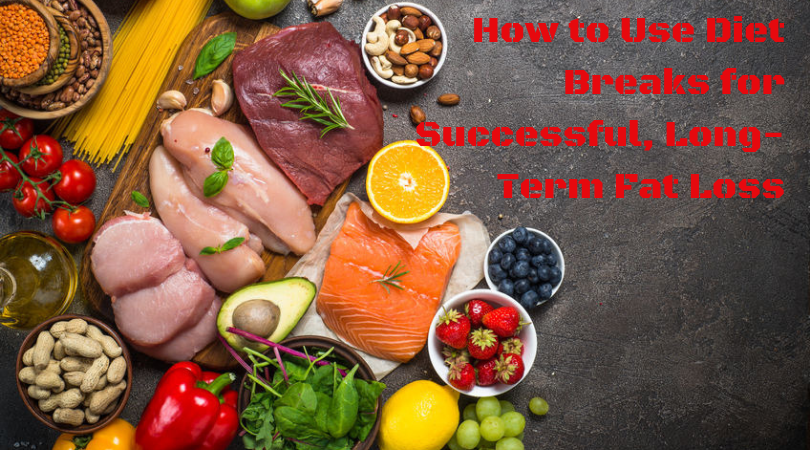
The ‘Problem’ With Typical Fat Loss Approaches
In order to lose body fat, you have to be in a calorie deficit and take in less energy than your body burns every day.
Keto, intermittent fasting, low-carb, low-fat, and any other popular diet approach you see out there works by reducing the number of calories you eat; either by limiting the time you spend eating or eliminating entire food groups altogether.
If you’re not losing fat, you’re not in enough of a calorie deficit.
Here’s how the typical fat loss approach goes…
- Cut calories through a typical fad diet approach, or the smart approach of, you know, actually tracking your calories.
- See some good progress for the first month or so.
- At some point, progress slows or stops altogether.
- Cut calories more and progress resumes.
- Wash, rinse, and repeat.
And while everyone is different, so therefore their fat loss experience is going to be different, at some point in the process everyone starts to experience the negatives associated with a calorie deficit, including:
Metabolic Downregulation – As a natural part of the fat loss process, your metabolism is going to slow down. There are a few reasons for this.
First, you’re losing body mass, which means there’s less of you to move around; so your body doesn’t need to use as much energy to maintain that.
Next, there’s the issue that a calorie deficit makes it easier to lose lean muscle mass. And while we try to mitigate this through a combination of strength training and high protein intake, inevitably there will be some loss of muscle through the fat loss process; especially the longer you remain in a deficit.
Lastly, when there’s less energy available, your body is naturally going to expend less; meaning you move less and burn fewer calories as part of your daily routine.
Hormonal Fluctuations – A big influencer on the health of our hormonal profile is how many and the type of calories we eat. Extended calorie deficits naturally decrease testosterone levels (as do diets low in fat and cholesterol intake), thyroid (which regulates metabolism), and leptin (which regulates appetite).
Calorie deficits also will lead to increased levels of cortisol, as well as more ghrelin secretion – which is what’s responsible for making us feel hungry.
The longer we diet, the more our hormone levels get out of whack, which not only affects our ability to lose body fat but also retain lean muscle, sleep, control stress, libido, energy…the list goes on and on.
For a full breakdown of the role hormones play in the fat loss process, check out this article.
Lifestyle Factors – There are also the “lifestyle” factors of dieting to consider. Things like hunger levels, sleep, energy, stress…all are things that are impacted more and more the longer you remain in a calorie deficit.
Dieting is a stress. Our bodies don’t know the difference between being in a calorie deficit to lose fat and starvation. So in times of stress, our bodies increase cortisol as a response. This is nothing more than a survival response but cortisol has a number of negative effects on the dieting process. Increased cortisol levels lead to…
- Increases in ghrelin production and hunger.
- Decreased insulin sensitivity and testosterone production; which makes it harder to burn fat and build muscle.
- Increased nighttime cortisol levels, which make it more difficult to fall asleep and stay asleep – this, in turn, decreases insulin sensitivity and testosterone production even further.
- Increased difficulty in burning belly fat, due to the decrease in insulin sensitivity and cortisols interaction with the specific fat receptors in the abdominal area.
There’s also the issue that extended calorie deficits make maintaining a high training intensity more and more difficult. With fewer calories being taken in, that means we have less energy for workouts and fewer calories with which to use to recover.
Training is also a stress on your body, which increases inflammation and cortisol levels as well. In an optimal environment, this isn’t a bad thing and is necessary to build muscle. But when calories are low, and low for a long time, this starts to have compounding, negative effects on our bodies.
All of these things make the dieting process difficult, and are the chief reasons why people fail on diets: it simply becomes too many things to handle at once. The perfect storm.
This is exacerbated by the fact that when it comes to losing body fat, people want to lose it and lose it yesterday; which leads them to go to extremes like following unhealthy fad diets and slashing calories too low.
Can you push through everything above, and white-knuckle it to the finish line? Sure. But very few are capable of that. And it’s never healthy.
But what if there was a better way? A way where you could potentially avoid most, if not all the pitfalls of dieting, while still getting the results you want?
Intermittent Energy Restriction & Diet Breaks
Just what the hell is intermittent energy restriction, you ask? Don’t worry, it’s not actually as complicated and science-y as it sounds.
Intermittent energy restriction is simply cycling periods of more aggressive calorie restriction with periods of bringing calories back up to maintenance. This style of dieting was made popular by the MATADOR study.
Short for Minimising Adaptive Thermogenesis And Deactivating Obesity Rebound, the MATADOR study found that greater weight loss was achieved using shorter periods of greater energy restriction, rather than longer, drawn-out periods of low-to-moderate energy restriction.
In essence, intermittent energy restriction is taking a strategic and controlled break from dieting.
Why Intermittent Energy Restriction Diets May Be Superior
Any diet is only as good as your ability to stick with it consistently. That said, this is actually one of the things diet breaks help address.
One of the most often overlooked dieting hurdles is the mental fatigue that comes with extended diets. And the more and more clients I’ve worked with, the more I can attest to this.
Most people can hit it hard and stay dialed in for a month. Fewer people can nail their macros and crush it every day for a couple of months. But inevitably, around the 4 or 5 month mark, with almost everyone, I start to see signs of mental diet fatigue: mindless snacking, having their days planned or meals prepped and just not sticking to them, caving to foods around them that don’t fit their nutrition plan, where previously they could avoid them without a problem.
It’s things like these that signal it may be time for a break. Because otherwise, it becomes a compounding effect. The more you start to make these little slip-ups in your diet, the more frustrated you get with yourself, while the slower and more inconsistent progress becomes – which makes you more frustrated; often leading to a “fuck it” day, weekend, or in a lot of cases, a week.
Instead, an intermittent energy restriction approach uses built-in diet breaks, so you don’t ever really feel like you’re dieting for long periods of time. This also helps address many of the things we talked about above:
– Avoid hormonal and metabolic down-regulation: Two weeks of a calorie deficit doesn’t really give your body enough time to significantly down-regulate your hormones or metabolism. And whatever slight drop does occur, once you bring calories back up, hormones like thyroid, leptin, testosterone, and others which are negatively impacted by lower energy intake are going to get a nice boost – which in turn, helps revitalize fat loss.
– Noticeable higher levels of energy and sex drive.
– Better sleep.
– Better gym performance: This is often an overlooked one when it comes to increasing calories and why, when done right, you can increase calories pretty substantially without gaining any fat. The intensity with which we’re able to train in the gym plays a big role in how much energy our bodies use, and therefore the calories we burn. The harder we train, the more energy we need. Training intensity is one of the first things to drop off in a calorie deficit, because our bodies simply don’t have the energy to train hard day in and day out. You should always be pushing yourself in the gym. But with an intermittent energy restriction approach, when those extra calories come in, it’s time to crank it up in the gym and put them to good use. No lollygagging.
Examples of Intermittent Energy Restriction and Diet Breaks
Intermittent energy restriction diets are typically broken down like this:
Weeks 1 & 2: 30-35% calorie deficit
Weeks 3 & 4: Maintenance calories
For simplicity’s sake, let’s say your maintenance came out to 2,000 calories per day. Take 2,000 x .7 and your calorie deficit would be 1,400. So your first month of dieting would look like this:
Weeks 1 & 2: 1,400 calories/day
Weeks 3 & 4: 2,000 calories/day
After week 4, you’d calculate your maintenance at your new bodyweight, and set your next months calories according to that.
After calories, protein intake is going to be the next most important factor when it comes to fat loss. Especially with a more aggressive calorie deficit, you want to make sure you’re eating about 1 gram of protein per pound of bodyweight to help maintain muscle mass and stay full.
After that, fill in the rest of your calories with mostly starchy carbs and high-quality fat sources.
Now, this isn’t the only way to set up diet breaks. There are a number of ways…
…it could be a free day or structured refeed every week or two weeks.
…it could just be a week of eating at maintenance – or maybe a whole month.
…It could be 5 days out of the week in a steep deficit with the 2 other days at maintenance – or 5 days at maintenance and 2 days at a steep deficit.
There are a lot of ways to set up diet breaks, but the key is that over a certain period of time (week, month, 4 months) you’re in a net calorie deficit.
Now, diet breaks may sound nice, but there are a few important things to remember.
What Intermittent Energy Restriction and Diet Breaks Aren’t
Intermittent Energy Restriction is nothing more than a forced diet break, in order to give your body relief from the stress and metabolic adaptations associated with a prolonged calorie deficit.
What it’s not is a license to eat anything and everything you want, stop tracking your macros, or go on a food bender.
In fact, the food you eat should be kept mostly the same – only the portions should be adjusted. There are a few reasons for this…
Drastically changing food quality opens you up to the risk of digestive stress. When you’re consistently eating high-quality, whole foods, your gut make-up changes, and your body actually increases the number of good gut bacteria you have. When this happens, your ability to digest other foods changes as well. Meaning if, when calories increase and you start shoveling lower quality, more highly processed foods down your throat, you run the risk of your body not being able to digest it as well – which can lead to all sorts of things like bloating, indigestion, constipation, inflammation, etc.
All of this not only can affect your progress but also, mess up your gut for an extended period of time. So rather than getting right back on track after your diet break, you’re then spending days or weeks trying to re-normalize your digestion again.
Yes, it’s fine to add a few more calorie-dense food options into your diet during a break, but do it slowly and gradually.
Who Are Diet Breaks For?
So now after reading this, if I had to guess, you’re probably thinking “Wow, okay…I probably need a diet break!”
And you very well might. BUT, there’s a good chance you don’t.
Intermittent energy restriction and diet breaks only work for certain people.
– If you haven’t been at least 90% compliant with your diet, for a minimum of 2-3 months – meaning you’re hitting your macros at minimum 90% of the time – you probably don’t need a diet break.
Diet breaks are predicated on having been consistently in a deficit for extended periods of time. And if you’re not at least 90% compliant, that means that you’re likely taking yourself out of a deficit too often for a diet break to have any sort of meaningful effect.
This rule right here will exclude a lot of people. Until you can maintain strict compliance over an extended period of time, you do not need a diet break.
– A diet break is also dependent on the size of your deficit. Smaller deficits (15% or less) can be sustained for longer periods of time, because the drop in calories is not as significant. Larger deficits (greater than 20%) is where you would see the benefits of more frequent diet breaks.
– The more overweight you are, the longer you can sustain a deficit without seeing negative side effects, due to having more energy (aka fat) to draw from.
The more clients I’ve worked with, the more I’ve become a fan of intermittent energy restriction and diet breaks. Not only can it make the dieting process much less monotonous, and frankly, easier, but it’s healthier.
And in a health-first approach to getting results, like I take with my clients, that’s always the ultimate goal.
To learn more about how I utilize diet breaks and a health-first approach to looking great naked and feeling great always, fill out your coaching application here.
